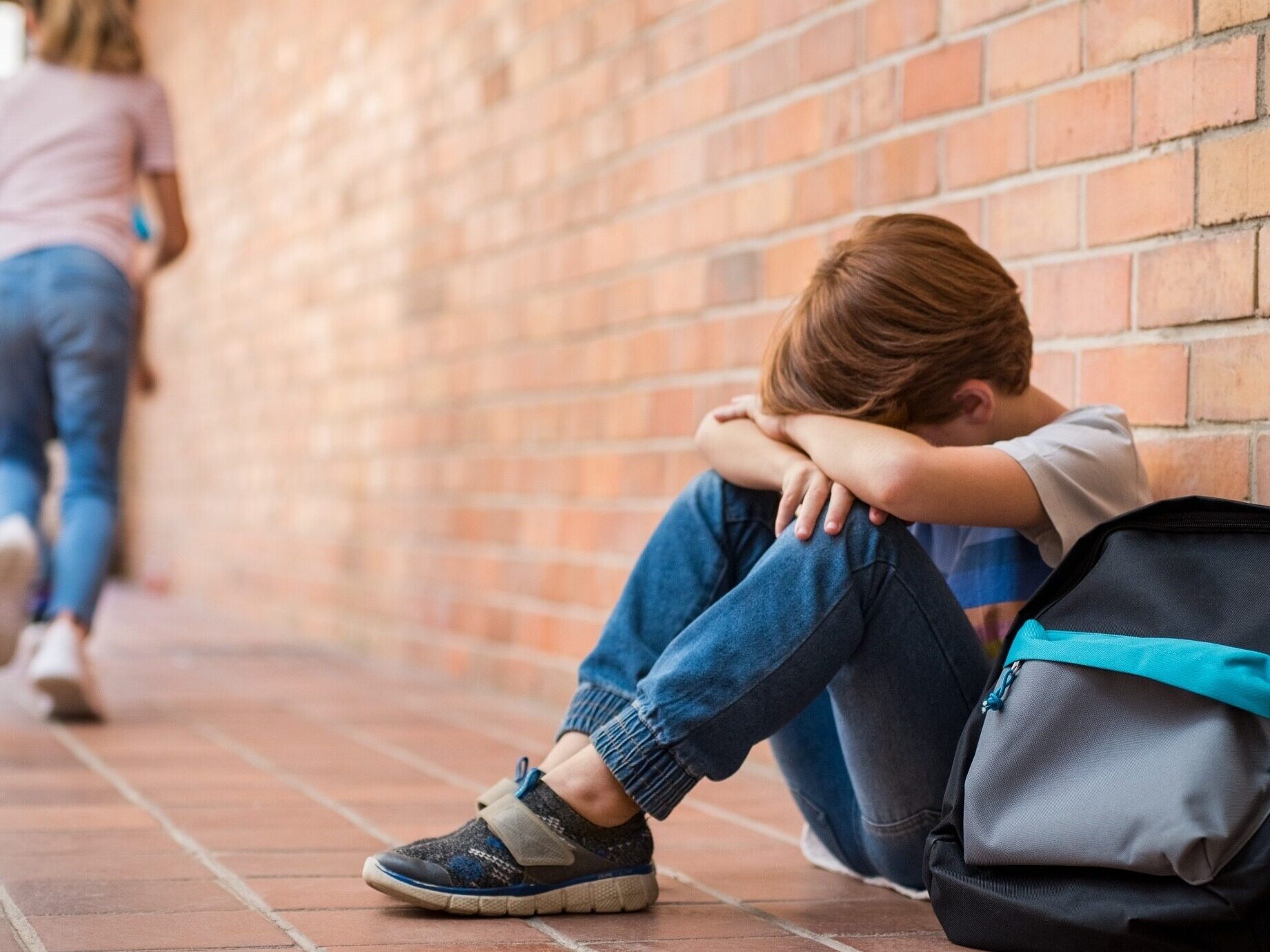Scientists about a new type of violence against children. Almost every adult does it

Violence against children takes many forms – as the authors of the study published in the magazine “Child Abuse & Neglect” argue. It may even be a seemingly innocent scream. Often treated as a way of disciplining the youngest. See what type of aggression should be included in the list of forms of violence.
There are many forms of violence against children. The easiest one to notice is the physical one. Its tangible proof includes, among others: bruises, traces of pinches or slaps. It is much more difficult to identify mental or sexual aggression experienced by the youngest children. The same happens in the case of violence through neglect. This is about not meeting the psychological or biological needs of a young person, for example leaving a child without proper care for a long time or downplaying his or her health condition.
Currently, we distinguish five main types of violence, i.e. intentional actions that violate the rights and goods of another person (child or adult). Specialists list the following forms of violence:
-
physical,
-
psychical,
-
economic,
-
sexual,
-
through negligence.
American scientists postulate that expand this catalog to include verbal (verbal) violence and consider it a separate form of aggression. “Verbal abuse should definitely be considered a subtype of violence. It carries many negative consequences that the youngest experience throughout their lives,” said Professor Shanta Dube from Wingate University in the United States in a statement. Where do these conclusions come from? What behaviors can be described as verbal violence? Check.
Screaming as a form of verbal violence against children
Experts analyzed over 550 articles and scientific studies that focused on verbal violence. On this basis, they identified forms of verbal aggression, as well as its long-term effects. It turns out that One of the most common manifestations of verbal violence is screaming, i.e. a raised tone of voice. Parents who shout at their children use verbal violence against their children. Importantly, they do not have to say any offensive words or epithets. According to specialists from Wingate University, even raising your voice may be treated as violence.
It turns out that this verbal aggression has a very negative impact on the young person’s psyche. It causes mental suffering and increases the risk of diseases such as depression and obesity. At the same time, people who have experienced verbal aggression from parents or guardians are more likely to engage in various risky behaviors – abusing psychoactive substances, committing crimes, etc.
How often do parents commit verbal violence against children?
Unfortunately, the scale of verbal violence has not yet been precisely assessed. It should be noted that So far, verbal aggression has not been treated as a separate form of child abuse. It was classified as behavior typical of psychological violence. Therefore, scientists propose that verbal violence against children should be viewed as separate from other types of inappropriate behavior. This would allow for the creation of appropriate statistics. It is estimated that verbal violence is most often used by parents (mainly mothers) and teachers. Scientists point out that almost all adults shout at children. It is worth taking actions to reduce the intensity of these behaviors.
How to prevent verbal violence against children?
You should look for alternative ways of setting boundaries for children. Screaming is never a good solution. If you feel negative emotions rising within you and you feel like screaming for comfort, take a few deep breaths. Don’t seek confrontation. Go for a walk and wait until the negative emotions subside. Then talk calmly to your child about his behavior. Set clear boundaries and consequences for inappropriate behavior. Be consistent in your actions. And if you happen to raise your voice (sometimes it’s really hard to control yourself), pay attention to the content of the words you say. Negate the behavior, but never write off the young person. Say, for example, you are behaving irresponsibly, but you are not irresponsible, etc. If necessary, apologize. Remember that parents sometimes make mistakes too.
Help for children experiencing violence – where to find it?
There are many organizations and foundations that support young people experiencing violence. If you see a child being harmed, react. Make it clear that you have noticed the situation and that you do not agree to it. You can also call the free Children’s Helpline of the Ombudsman for Children 0 800 12 12 12. And most importantly – do not be indifferent. Violence against children is also your business.






